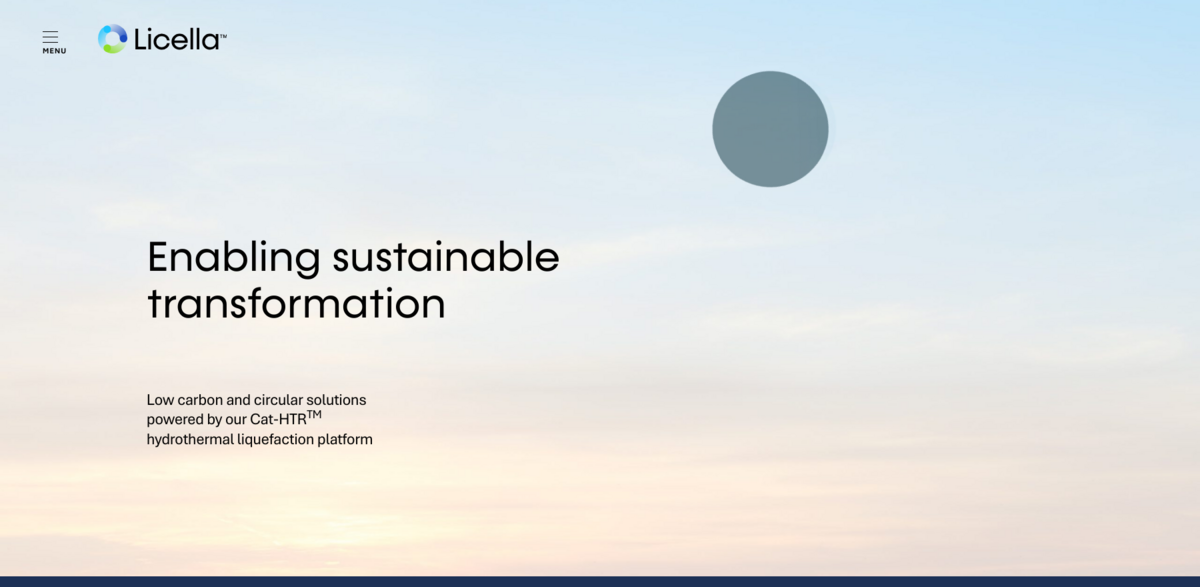What is the Licella Project?
Licella is an Australian technology company that’s been pioneering Hydrothermal Liquefaction (HTL) for over a decade. Their unique Cat-HTR™ platform transforms a variety of waste and low-value feedstocks—including non-recyclable plastics and woody wastes from pulp, paper, and sawmills—into valuable fuels and chemicals. Instead of these materials ending up in landfill or incineration, Licella’s process converts them into Plasticrude, a crude oil alternative with a range of products like gas, naphtha, kerosene, diesel, fuel oils, waxes, and residuals. This breakthrough technology is not just about recycling; it’s about creating a continuously circular economy for plastics and biomass waste.
Main Benefits of the Licella Project
The Licella project offers a whole bunch of advantages that go beyond just emissions reduction. Here are some key facts and figures that highlight its impact:
- Targets low-cost, low-carbon intensity sustainable fuels for hard-to-abate sectors like aviation.
- Transforms biomass waste into biochemicals and biomaterials, including bio-naphtha for renewable plastics.
- Uses the world’s leading hydrothermal liquefaction technology, powered by water, for higher efficiency and carbon retention.
- Unlocks future-proof feedstocks by processing abundant bio-based wastes and residues.
- Enhances energy security by diversifying fuel sources and supporting economic growth.
- Creates new jobs and supports regional and rural community development.
- Reduces waste sent to landfill and improves air quality by cutting particulates and sulfur emissions.
The Cat-HTR™ Technology Platform
At the heart of Licella’s innovation is the Cat-HTR™ platform, the world’s leading hydrothermal liquefaction technology. This process uses water under high pressure and temperature to break down complex waste materials into valuable liquid fuels and chemicals. It’s a game-changer because it can handle a wide range of feedstocks, including those that traditional recycling methods can’t touch. Plus, it retains more carbon in the final product, making it a more efficient and environmentally friendly solution. This technology is already being rolled out globally, with commercial projects and partnerships expanding its reach.
The Circular Economy and Sustainable Transformation
Licella’s approach is all about pioneering the next generation of advanced plastic recycling. Since 2014, the company has been building a circular economy where plastics and biomass waste are continuously reused rather than discarded. By converting end-of-life plastics into Plasticrude, Licella is closing the loop on plastic waste, turning what was once a problem into a resource. This not only reduces landfill and incineration but also supports the bioeconomy by creating renewable fuels and chemicals that replace fossil-based products.
Global Projects and Partnerships
Licella isn’t working alone. The company has formed joint ventures with international partners to commercialise its technology worldwide. Their flagship Altona project in Australia is a prime example, showcasing advanced recycling at scale. Beyond Australia, Licella’s Cat-HTR™ technology is at the core of multiple projects and commercial facilities globally. These collaborations bring together industry leaders who share a vision for sustainable transformation, combining expertise to accelerate the adoption of low-carbon liquid fuels and biochemicals.
Project Impact on Sustainable Development Goals (SDGs)
- SDG 7: Affordable and Clean Energy – by producing sustainable biofuels.
- SDG 9: Industry, Innovation, and Infrastructure – through pioneering advanced recycling technologies.
- SDG 11: Sustainable Cities and Communities – by reducing waste and improving air quality.
- SDG 12: Responsible Consumption and Production – enabling circular economy practices.
- SDG 13: Climate Action – lowering carbon emissions in hard-to-abate sectors.
- SDG 15: Life on Land – by reducing landfill and protecting ecosystems from waste pollution.
Looking Ahead: The Future of Sustainable Fuels and Biochemicals
Licella is shaping the future by combining its breakthrough Cat-HTR™ technology with partners like Shell, integrating biomass conversion with hydroprocessing expertise. This collaboration aims to deliver the world’s lowest-cost, scalable pathways for biofuels, especially for sectors that are tough to decarbonise, such as aviation. Beyond fuels, the technology also produces bio-naphtha, a key ingredient for renewable plastics, helping replace fossil oil with renewable or waste feedstocks. With a focus on feedstock flexibility and unlocking abundant bio-based wastes, Licella is future-proofing the bioeconomy and driving sustainable transformation on a global scale.






















